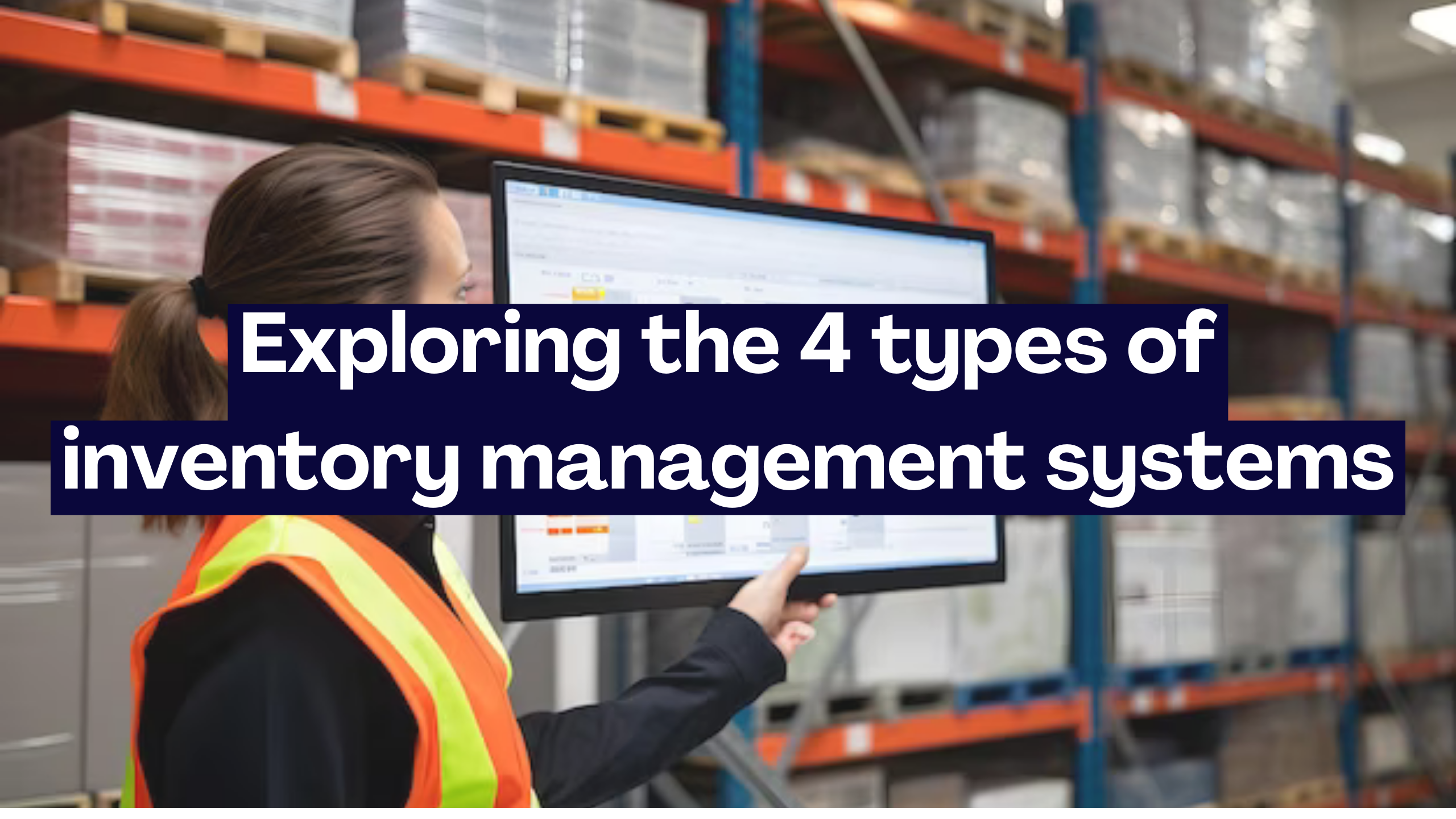Exploring the 4 types of inventory management systems
- Data as a Service (DaaS) Software Marketing & Analytics


Exploring the 4 Types of Inventory Management Systems
Inventory management is a critical aspect of business operations, and selecting the right system is pivotal for efficiency. There are four main types of inventory management systems, each catering to specific business needs. If you’re wondering, “What are the 4 types of inventory management systems?” let’s delve into the exploration of these systems and discover how they can benefit your business.
1. Perpetual Inventory System
The perpetual inventory system maintains real-time updates on stock levels. It continuously tracks changes, providing instant insights into inventory status. This system suits businesses with high-volume, fast-moving products.
Relevant SaaS Products:
2. Periodic Inventory System
In contrast, the periodic inventory system involves manual tracking over specific intervals. Businesses physically count stock periodically, updating records accordingly. This system is suitable for smaller businesses with less frequent stock turnover.
Relevant SaaS Product:
3. Just-In-Time (JIT) Inventory System
JIT is a streamlined approach where inventory is ordered and received just when needed. This system minimizes excess stock and holding costs, making it ideal for businesses focused on cost efficiency.
Relevant SaaS Product:
4. ABC Analysis Inventory System
ABC analysis categorizes inventory based on importance. ‘A’ items are high-value, ‘B’ are moderate, and ‘C’ are low. This tiered approach aids in prioritizing resources, focusing on high-value items.
Relevant SaaS Product:
Conclusion
Choosing the right inventory management system depends on the nature and scale of your business. Perpetual and periodic systems suit different inventory turnover rates, while JIT emphasizes efficiency. ABC analysis helps prioritize resources effectively. Evaluating your business requirements is crucial in determining which system aligns with your goals.
Explore more about each product:








